Category: History
-
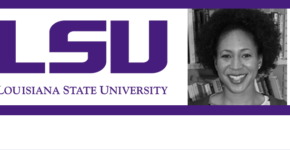
Devyn Spence Benson, Louisiana State University – Obama, Cuba and Afro-Cubans
Will President Obama’s recent trip to Cuba help Afro-Cubans? Devyn Spence Benson, assistant professor in the department of history at Louisiana State University, examines the challenges faced by this ethnic group and whether change is on the horizon on the Caribbean island. Devyn Spence Benson is an assistant professor of history and African & African…
-
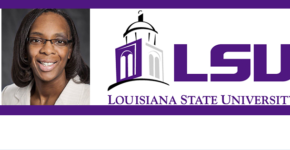
Lori Martin, Louisiana State University – Greatest of All-Time
Can you call someone the greatest of all time when not all people were allowed to play? Lori Martin, Associate Professor in the Department of Sociology and Department of African and African American Studies at Louisiana State University, discusses how racism has tinged this question since the early days of major competitive sports. Lori Latrice…
-
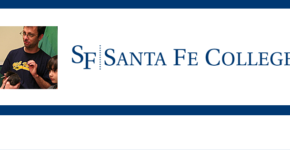
Matthew Carrigan, Santa Fe College – Human Ethanol Consumption
If ethanol consumption is known to be toxic, why have humans consumed it throughout history? Matthew Carrigan, assistant professor of biology at Santa Fe College, discusses this paradox. Matthew Carrigan is an Assistant Professor of Biology. He began his PhD in neuroscience at University of Florida’s College of Medicine studying the evolution of neuropeptides, and…
-
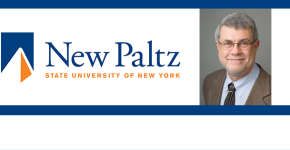
Thomas Olsen, SUNY New Paltz – Shakespeare and the Art of the Remix
Was Shakespeare a plagiarist? Thomas Olsen, associate professor and chair of the English department at SUNY New Paltz, discusses how the fabled author remixed other’s work to create his masterpieces. Thomas G. Olsen joined the faculty at SUNY New Paltz in 1997. He teaches undergraduate and graduate courses in Shakespeare and in English literature, especially…
-
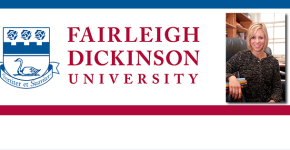
Krista Jenkins, Fairleigh Dickinson University – Political Differences between Mothers and Daughters
Mothers and daughters may back different political candidates this year. Krista Jenkins, professor of political science at Fairleigh Dickinson University, determines whether coming of age in the women’s movement may lead mothers to back Hillary, while their daughters go for Bernie. Krista Jenkins (PhD, Rutgers University) is Director of PublicMind and associate professor of political…
-

Penny Spikins, University of York – Human Origins
What caused the spread of humans across the globe? Penny Spikins, Senior Lecturer in the Archaeology of Human Origins at the University of York, details how emotions may be at the root of human expansion to new territories. Penny has been lecturer at the University of York since 2004, becoming a Senior Lecturer in 2012.…
-
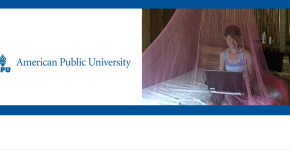
Michelle Watts, American Public University – Indigenous People of Costa Rica
Indigenous people in Costa Rica are looking to have their history preserved. Michelle Watts, faculty director and assistant professor in the school of security and global studies at American Public University, explores the uncertain future of many of these groups and their sacred sites in their Central American homeland. Michelle Watts has a degree in…
-

Rhondda Thomas, Clemson University – Convict Labor and Clemson
Clemson University was built by those who could never attend the college. Rhondda Thomas, associate professor of African American Literature at Clemson, sheds light on the slaves who labored to build the institution and why it’s necessary to paint the full picture of a school’s history. Rhondda Robinson Thomas is an associate professor of English…
-
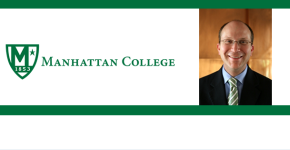
Adam Arenson, Manhattan College – After The Underground Railroad
What happened to fleeing slaves after they reached the end of the Underground Railroad? Adam Arenson, associate professor of history and director of urban studies at Manhattan College, examines the lives of African-Americans in the North after escaping slavery. Adam Arenson is an associate professor of history and the director of the urban studies program at…
-
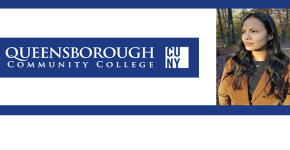
Kathleen Alves, Queensborough Community College – Women in comic novels and medical texts
Is there a link between historical medical texts and fictional texts? Kathleen Alves, assistant professor of english at Queensborough Community College, explores this fascinating questions through a feminist lens. Kathleen Tamayo Alves is an Assistant Professor at Queensborough Community College of The City University of New York, where she teaches literature and composition. She holds…
